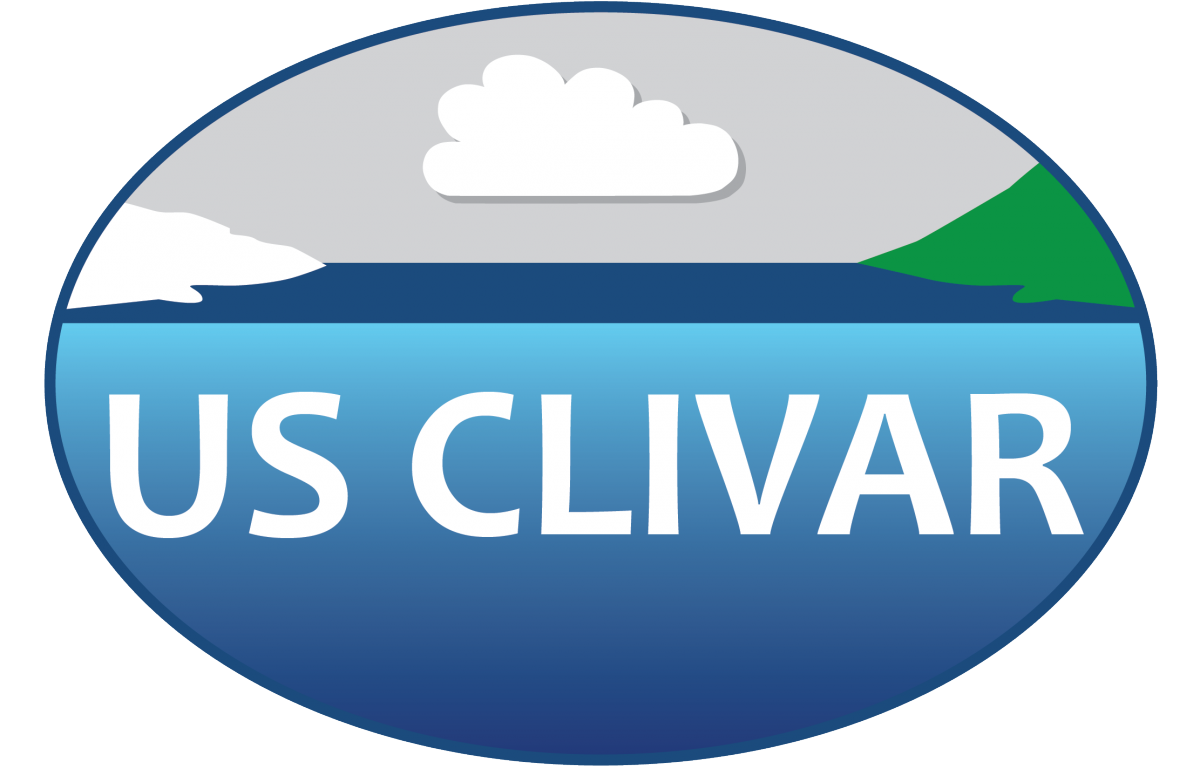Workshop on Future US Earth System Reanalysis
Background
Reanalysis of the Earth’s ocean, atmosphere, land, and ice conditions is a foundational tool for basic research in Earth sciences, the national forecasting enterprise, and the development and planning for large infrastructure projects in the private sector. The US research and operational agencies share a long history of producing highly impactful reanalysis products including: first model-based atmospheric reanalysis (NCEP/NCAR 1995), first coupled reanalysis (CFSR 2008), first reanalysis of the 20th century weather (20CR 2011), NASA’s family of Earth system reanalyses (MERRA 2011, MERRA-2 2017), North American regional reanalysis (NCEP/NOAA 2006), the eddy-resolving ocean reanalysis (NRL 2015), and the property (dynamics and kinematics) preserving global ocean-sea ice state estimate (ECCO 2019).
There is a wide variety of needs and constituencies for the continuous improvements in the US reanalysis efforts. In particular, a shared scientific vision for the future of the US reanalysis is needed to foster collaborations between major US agencies and research institutions as well as international cooperation.
Objectives
This community workshop aims at developing a shared scientific, technological, and application vision for the future of the US reanalysis efforts. Specific goals include:
- Identify scientific goals for the next generation of reanalysis from the atmospheric, oceanographic, and cryosphere perspectives.
- Identify opportunities for exploiting technological advancements in Earth system models, data assimilation systems, observations, and computational infrastructure.
- Identify priorities and opportunities for tighter collaboration between the US institutions, the US and the international reanalysis communities, and between reanalysis and observational communities.
Outcomes
Outcomes of the workshop include a community consensus report to US CLIVAR and a BAMS-related publication. More details of planned outcomes can be found here.
Target Participants
This workshop will be open to the broad Earth sciences community. Experts from data assimilation communities, operational and research centers, academia, and users of the reanalysis products are encouraged to attend. The Scientific Organizing Committee anticipates about 100 participants with a mix of in-person and virtual.
Location/Date
May 16-18, 2022. The organizing committee is aiming to host the workshop in a hybrid format at University Corporation for Atmospheric Research (UCAR), Center Green Campus, Boulder, Colorado, pending UCAR approval.
Abstract Submission and Registration
Abstract submission for poster presentations are due February 4, 2022. Registration will open following abstracts.
Workshop Format
Workshop will be conducted as a combination of plenary sessions, breakout discussion groups, poster presentations, and opportunities for informal discussions.
Scientific Organizing Committee
Sergey Frolov, NOAA PSL (co-chair)
Cécile Rousseaux, NASA (co-chair)
Tom Auligne, JCSDA
Dick Dee, Planet A
Ron Gelaro, NASA GMAO
Patrick Heimbach, U. Texas
Isla Simpson, NCAR
Laura Slivinski, CIRES/NOAA PSL
Program Organizing Committee
Cyndie Graddy, US CLIVAR
Mike Patterson, US CLIVAR
Jennie Zhu, US CLIVAR
Workshop Sponsors



